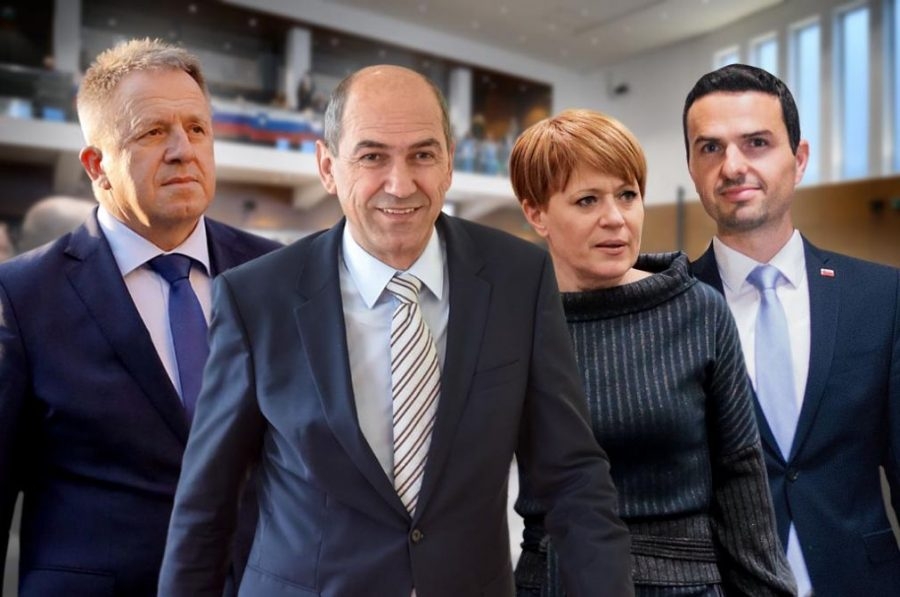The government has endorsed the fifth stimulus package. Chief among the measures is an extension of the furlough scheme until year’s end for all industries, albeit with stricter eligibility criteria, Labour Minister Janez Cigler Kralj announced on Thursday.
The key measures are the extension of the furlough scheme, an introduction of a universal basic income for the self-employed, and measures to cut waiting times in health.
The minister stressed the package had been drawn up in dialogue with social partners. About four-fifths of the measures have been coordinated with social partners, which he said was a good basis for the passage of the bill.
To help the labour market, the government decided to extend the furlough scheme until the end of the year for all industries, but introduce a slightly stricter eligibility criteria, which is an at least 30% drop in turnover compared to last year. So far, a 10% drop was required for eligibility.
The use of the measure has been dropping and the idea is to have employers cut working hours instead, but some companies still need the scheme so it has been decided to extend it, Cigler Kralj said.
When a self-employed person would be ordered to quarantine for 10 days, they would receive an income support of EUR 250.
The latest proposal also reintroduced a universal basic income for the self-employed who cannot perform their activities or whose business has declined by over 30% on last year. The measure was in force during the epidemic.
From October through December they would be eligible for a EUR 700 universal basic income plus a waiver of social security contributions in the amount of EUR 400.
Another key measure is to help cut waiting times in healthcare, most notably by securing additional funding for specific health services where waiting times are currently the longest, including for private providers.
This was one of the things that upset trade unions so much that they walked out of last night’s session of the Economic and Social Council.
But the government did scrap its original proposal of bonuses for specific groups of employees in health outside the public sector pay system, which the unions also strongly opposed.
Notably, the package also includes the extension of the power to issue fines for violations of protective measures from the Health Inspectorate to the police as well as to municipal wardens.
The proposal was met with nods from employers, with the Chamber of Small Business (OZS) pointing out that the government had heeded its warnings and incorporated most of its proposals in the package.
The OZS stressed that support for the self-employed had also come upon its initiative. It would however like to see the government go even further and also secure allowances for self-employed workers who remain without income because their children are quarantined.
The head of ZSSS trade union confederation Lidija Jerkič on the other pointed out for the STA that the unions had not received a final version of the proposal.
The fact that the package was not finalised yet even though it was reportedly adopted by the government was also highlighted by Matej T. Vatovec, an MP for the opposition Left.
He stressed it remains to be agreed with social partners, while he took issue with what he said was obviously an effort to continue with the privatisation of healthcare and interfere in the public sector salary system.

